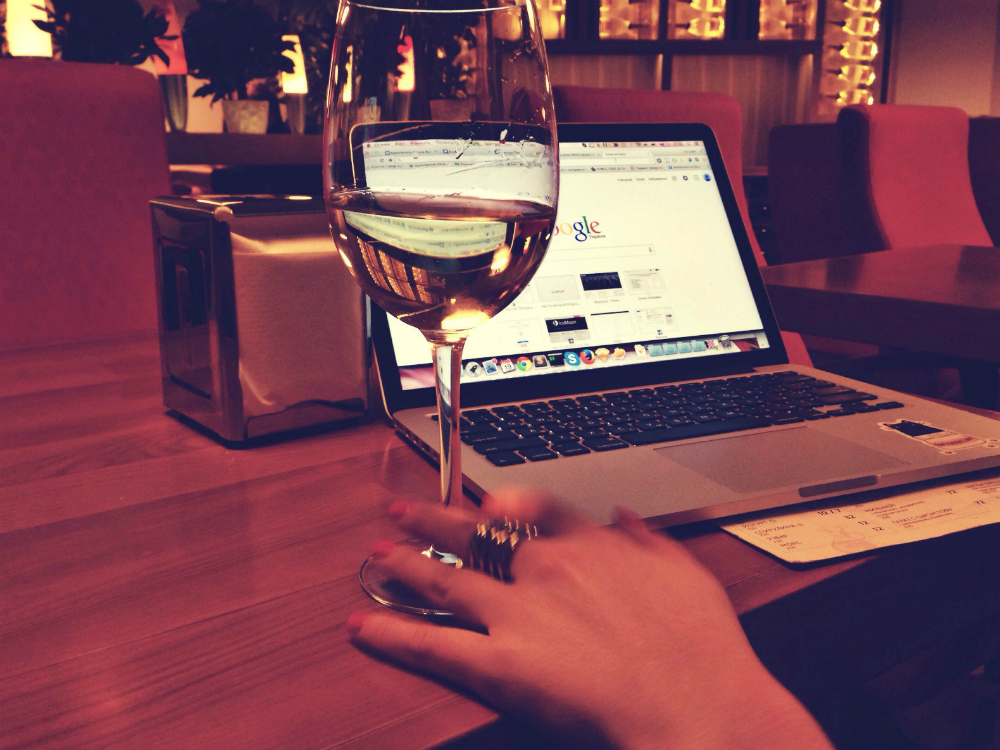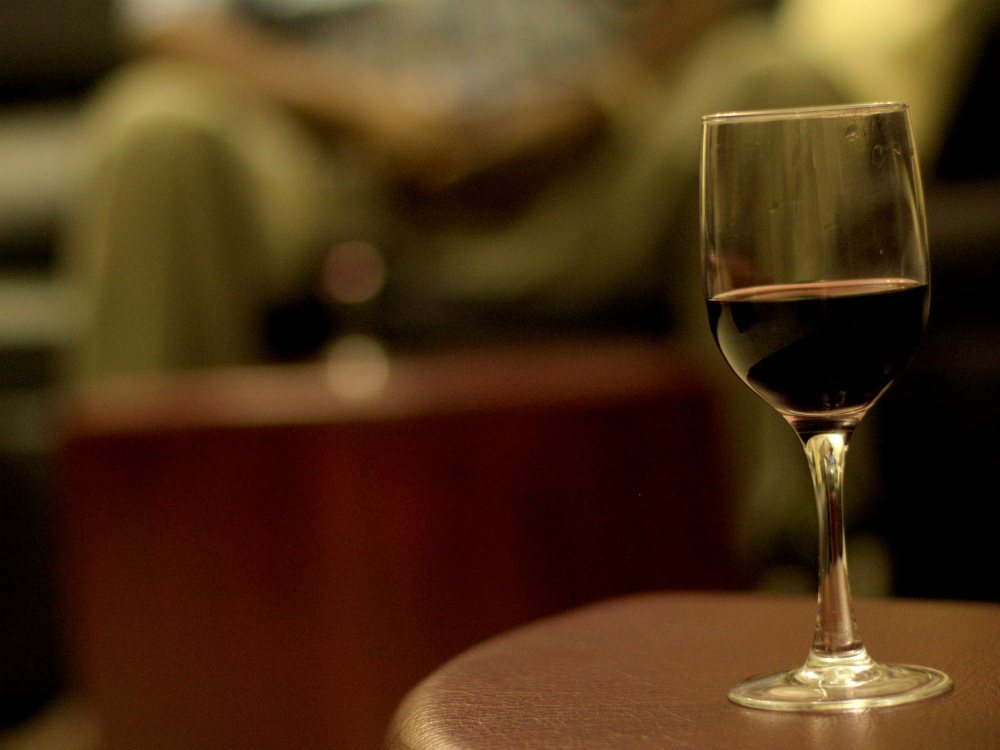Do we actually need to talk about the culture of ‘after-work drinks’?
Putting Jeremy Corbyn to one side for a moment, do after-work drinks actually help anyone get ahead?

Do after-work drinks actually help anyone get ahead?
Standing by the bar, your boss turns around and leans over her shoulder. ‘This place is so busy,’ she shouts. ‘I’ll just buy a few bottles of white.’ You gulp and look at your watch – you’re supposed to be meeting friends on the other side of town in an hour. Still, two glasses won’t hurt. You’re angling for a promotion, and maybe if you get five mins alone with your manager, she’ll be able to give you some tips.
Four hours later, and you’re slumped over a table in the corner. ‘I just think that I’d be really great in a more senior position,’ you slur. ‘I’m really, really, really great in senior positions.’
Then you throw up into your handbag.
According to recent statistics, it’s thought that one in five UK employees will attend after-work drinks with colleagues at least once a month – 11 per cent of whom would prop up the bar ‘til the end of the night if it means spending one-on-one time with their boss, and two thirds who’ll head out for drinks with colleagues as a coping mechanism after a particularly stressful day. But while socialising with your desk mates can definitely help forge stronger relationships (there’s nothing quite like passing a secret bacon sandwich across the desk while clutching your head and emitting a low level moaning sound to establish a lifelong bond), as soon as we start equating out-of-hours networking with getting ahead, problems can start to pop up.
'I'm really broke at the moment,' says lawyer Anna*, 31. 'I'm buying a house and I just don't have the money for much of a social life. But as soon as I started trying to back out of some of the Thursday and Friday night drinking sessions at work, I realised people were getting tetchy with me in meetings. Maybe it's all in my head, but I really feel like I'm being punished for it professionally.'
We all know that the boundaries between being ‘switched on’ and ‘switched off’ are becoming increasingly blurred. We check Facebook in the office, and reply to work emails in the pub. We haven’t just redrawn the lines between work and play: we’ve erased them from our diaries altogether – and then questioned why we were ever using diaries in the first place when everything is digital these days anyway.
Celebrity news, beauty, fashion advice, and fascinating features, delivered straight to your inbox!

But while we may be living in a culture that’s less 9 - 5 and more 7-11, there’s a pretty significant difference between checking your emails once you’ve left the office and feeling like you need to knock back shots until 1am if you want to get a promotion.
For Lucy*, 28, an insurance underwriter, after-work drinks are so important that she now has to get into work early to ensure she makes them several times a week. 'Brokers do so much business through socialising that missing after-work drinks with them would be akin to career suicide,’ she says. ‘I've had to start getting into work for 7.45am so that I can finish all my work by 5pm and join everyone at the pub. I stay out until about 9pm. It’s exhausting, but there’s no alternative.'
‘In 2012 I started a new role at a publishers and was on a six month probation,’ adds Hayley, 28. ‘Every Friday my colleagues - who were mostly men 20-30 years my senior - pressured me to join them for after work drinks. I'd try and escape after one, but then another drink would appear in front of me and I'd feel obliged to stay. If I skipped a week then they'd make comments about whether I was settling in properly and make pointed remarks about me being “too popular” for them. In the end, it was too much, and I quit because of it.’
On the other hand, beauty journalist Cyan*, 29, believes making an effort to get to know your colleagues over a few gin and tonics is a positive move – just as long as it’s on your own terms.
‘I don’t think I’d be able to cope in my job if it wasn’t for the colleagues who I grab drinks with after work once or twice a fortnight,’ she says. ‘These days it can feel like we’re expected to live to work, and in order to sustain that level of motivation and commitment, you really need a strong support network around you. Grabbing a wine with a couple of women from other departments helps me to decompress after a bad day, and it means that we’re much closer during work hours the following week. It's definitely a form of networking, but if it makes your working environment more enjoyable as a result, then I can't see any downsides.’
The leading destination for fashion, beauty, shopping and finger-on-the-pulse views on the latest issues. Marie Claire's travel content helps you delight in discovering new destinations around the globe, offering a unique – and sometimes unchartered – travel experience. From new hotel openings to the destinations tipped to take over our travel calendars, this iconic name has it covered.